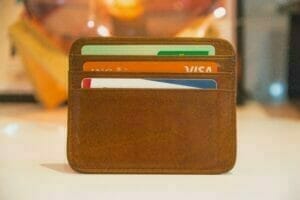9 Facts about Banking and Money in Germany
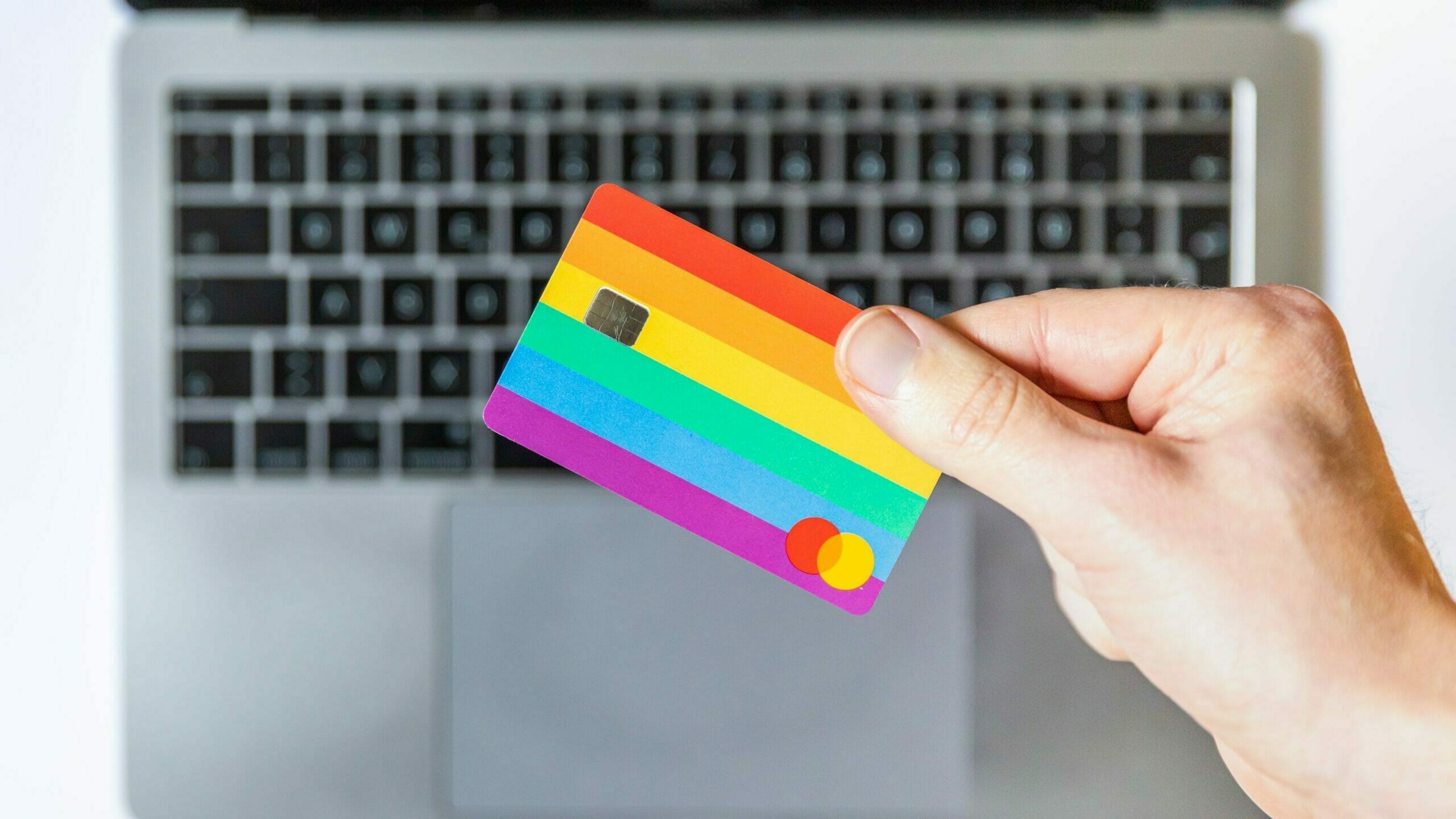
In this article, we will provide you with valuable insights and information to navigate the banking system, manage your finances, and make the most of your banking experience in Germany. From opening a bank account, understanding different banking services, exploring payment methods, and transferring money internationally, we’ve got you covered. Whether you are a resident, an expatriate, or planning to move to Germany, understanding the banking landscape will help you smoothly handle your financial matters and make informed decisions.
1. Do I need to get a German bank account?
While there is no official requirement for you to have a bank account in Germany, it is highly advisable to consider opening one once you move here.
If you already have a bank account in the Eurozone, you can use your existing IBAN and BIC numbers for receiving and sending payments. However, having a German bank account can greatly simplify various aspects of your life in Germany.
Many agencies and institutions, such as your employer, may request a German bank account number. By having a local bank account, you can easily manage your finances, receive your salary, set up automatic payments for bills, and handle other financial transactions seamlessly.
In addition, having a German bank account offers advantages such as access to online banking services, local customer support in your preferred language, and the ability to make local payments more efficiently.
While it is not mandatory, obtaining a German bank account can significantly enhance your financial experience and make your day-to-day life in Germany more convenient.
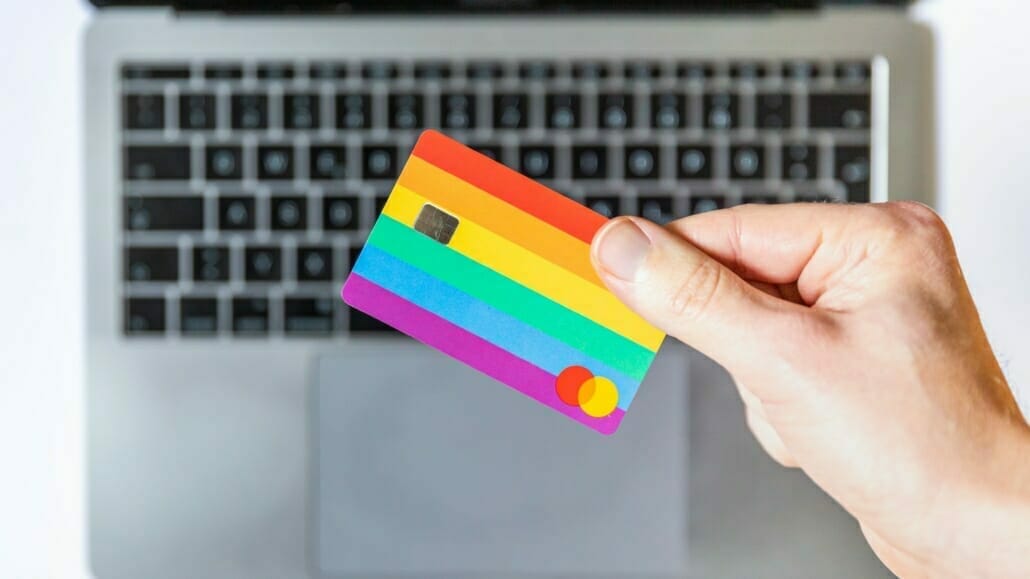
2. Who can open a bank account in Germany?
Not everyone is eligible to open a bank account in Germany. In order to do so, you must first register yourself in Germany. This typically requires a rental contract or agreement as proof of residency.
Once you have registered in Germany, you will receive a registration confirmation called a Meldebescheinigung. It is important to keep this document safe and readily accessible, as you will likely need to present it when opening a bank account.
4. Which documents do I need to open a bank account in Germany?
When opening a German bank account, you will typically need the following documents:
- Passport: This serves as identification and proof of your identity.
- Registration confirmation (Meldebescheinigung): This document confirms your official registration in Germany and serves as proof of your address.
In some bank branches, you may also be asked to provide additional documents, such as:
- Pay statement from your employer: This may be required depending on the account type and serves as proof of income.
- Work permit: If you hold a work permit, it may be requested as additional documentation.
Please note that the specific document requirements may vary slightly between different banks and account types. It is recommended to check with the specific bank you are considering opening an account with to ensure you have all the necessary documents.
3. I don’t speak German. Which is the best bank account for me?
There are many banks and bank account types in Germany. However, not all banks offer expat-friendly conditions or customer services. This is why we take this opportunity to highlight some expat-accessible German banks that we and our customers approve.
There are different types of bank accounts available, depending on your situation and need. You can consult our main page about bank accounts to find out more about different types of German bank accounts.
#1 N26 – Fast, easy, and online
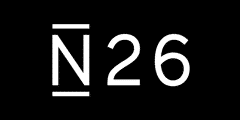
Open a free bank account in just 8 minutes with N26 and manage your finances directly from your smartphone. Enjoy the benefits of online banking, including smart features that provide greater control over your money. Upon opening your account, you’ll receive a virtual Mastercard, which can be linked to Apple Pay or Google Pay for seamless contactless payments.
With no deposit fees for balances up to €50,000, N26 offers flexibility and convenience. If you prefer a physical bank card, you can order one for a small delivery fee. Plus, N26 provides customer service, online banking, and a mobile app, all in English, making it an ideal choice for expats in Germany.
By opening an N26 account, you can enjoy the benefits of having a German bank account without the immediate requirement of providing a registration confirmation. This makes N26 a convenient solution for EU-citizens in need of a German bank account.
#2 Commerzbank – reliable and secure

Experience the advantages of banking with Commerzbank by opening a free Basic account. You must be registered in Germany and at least 18 years old to qualify. Here’s what you can expect:
- Enjoy English-speaking customer service at approximately 750 branches across Germany.
- Access your account 24/7 through English online and mobile banking, featuring an excellent banking app.
- Make easy payments with your smartphone or smartwatch using Google Pay or Apple Pay.
- Benefit from free cash withdrawals at over 9,000 ATMs in Germany.
- Open your account online in just a few minutes.
With the Commerzbank Basic account, there are no fees involved. Additionally, you’ll receive a starting credit of €50, and you can earn €100 per successful customer referral. To qualify for these bonuses, please ensure the account is for private use, maintain a monthly cash receipt of at least €700, opt for digital (paperless) account management, and utilize Commerzbank or Cash Group ATMs without incurring deposit fees.
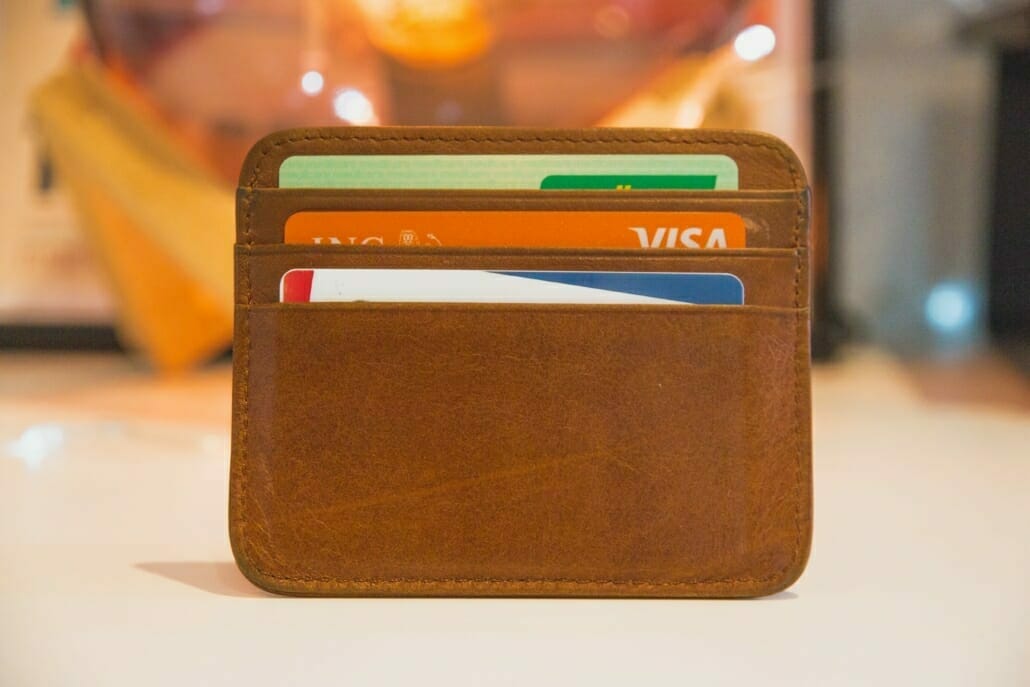
5. What kinds of bank cards do Germans use?
The most commonly used bank card in Germany is the debit card known as the “EC-Karte.” This card is widely accepted at most shops, allowing you to make purchases with ease. It also serves as a convenient tool for withdrawing cash from ATMs. However, it’s important to be mindful of potential fees imposed by certain banks if you use ATMs that do not belong to your own bank.
When you receive your EC-Karte, a separate letter will contain a four-digit secret PIN that you’ll need to keep secure. In shops, you may be required to provide your signature for identity verification or enter your PIN, depending on the transaction. Additionally, while the credit card is also utilized in Germany, it is not as commonly accepted as the EC-Karte. It’s worth checking with your bank regarding any potential charges associated with using a credit card for in-store payments.
It’s important to note that cash transactions are still highly popular in Germany. Smaller establishments like cafes and bistros may not accept card payments at all.
.
6. How to qualify for a credit card or an overdraft loan
If you are new to Germany and do not have a Schufa (Germany’s credit rating system), obtaining a credit card or an overdraft loan immediately may be challenging. Banks typically require an assessment of your income before granting these financial products.
Typically, once you have a steady income for approximately three months, banks are more inclined to offer you a credit card and overdraft loan, taking into account the amount of your salary. However, this practice has some exceptions, where you are automatically provided a certain overdraft, which can increase once you establish a regular income.
It’s important to note that building a positive credit history with institutions like Schufa and maintaining a consistent income are essential factors in qualifying for credit cards and overdraft loans in Germany.

8. Online banking in Germany – how does it work?
When you choose a bank in Germany, you will typically receive several items in separate letters: a debit card and corresponding PIN numbers, an online banking login number, an online banking PIN number, a list of “TAN” numbers (unless you opt for mobile TANs), and sometimes a card scanner. With these credentials, you can access your bank account online and view an overview of your account status, previous payments, and more. You will need to use the TAN numbers provided to make bank transfers. Each transaction requires entering a TAN number from the list. Since 2014, most banks require the account holder’s name, IBAN, BIC number, and a reference for the transfer.
In recent years, many banks have introduced digital TAN numbers. Using a mobile phone app, you can generate a unique TAN number whenever you need to make an online transfer. This method is considered more secure than the traditional paper-based TAN numbers and offers greater convenience as you may not always have the paper-based TAN list readily available.
Update: Nowadays, most banks offer mobile banking with features like Photo Tan or Push Tan. To utilize these functions, you need to download your bank’s app from the App Store or Google Play. For example, if you are a customer of DKB, you would download the “DKB online banking” and “DKB push tan” apps. Simply search for your bank’s name in the app store to find the relevant app. In my opinion, this is the easiest and fastest way to transfer money online.
Here’s how it works: Open the online banking app and enter the money transfer details. When prompted for a TAN number, click on the “use Photo Tan” or “Push tan” button. The other app should automatically open, and you will need to enter a password. A unique TAN number will be generated and transferred to the other app. Verify all the data and confirm the transfer. This process is completely paperless, making online banking convenient and environmentally friendly.
9. How long does a bank transfer take within Germany?
When you transfer money between accounts within the same bank in Germany, you can expect the funds to arrive the same day you initiate the transfer. This ensures quick and seamless transactions for your convenience.
However, if you’re transferring money to a different bank, the process can take between one and three working days. It’s important to note that this duration is relatively longer compared to other European countries. While it may seem inconvenient, this timeframe is a standard practice in Germany and applies to most bank transfers involving different financial institutions.
While waiting for the transfer to complete, it’s essential to plan accordingly and consider the timing of your transactions. Keep in mind that weekends and public holidays can impact the transfer process, potentially prolonging the duration. Therefore, it’s advisable to factor in this timeframe when making important payments or considering financial arrangements.
10. How do I send money abroad?
When sending money within the Eurozone using your German bank account, you can expect the transfer to be completed within 1-3 working days. This ensures timely and reliable transactions for your convenience.
If you need to send money abroad, we highly recommend using Wise. Wise offers a quick, cost-effective solution for transferring funds between EU and non-EU countries.
With Wise, you can save up to 90% compared to traditional bank transfers and other money transfer services. The process is simple: you can use your debit card or initiate a regular bank transfer. Wise matches you with individuals sending money in the opposite direction, meaning your funds stay within the respective countries. As a result, your money reaches its destination in just 1-2 days, providing a swift and secure international transfer experience.
By choosing Wise, you can enjoy significant savings and peace of mind, knowing that your money will be delivered efficiently and with transparent fees. Experience the convenience and affordability of Wise for your cross-border money transfers.

